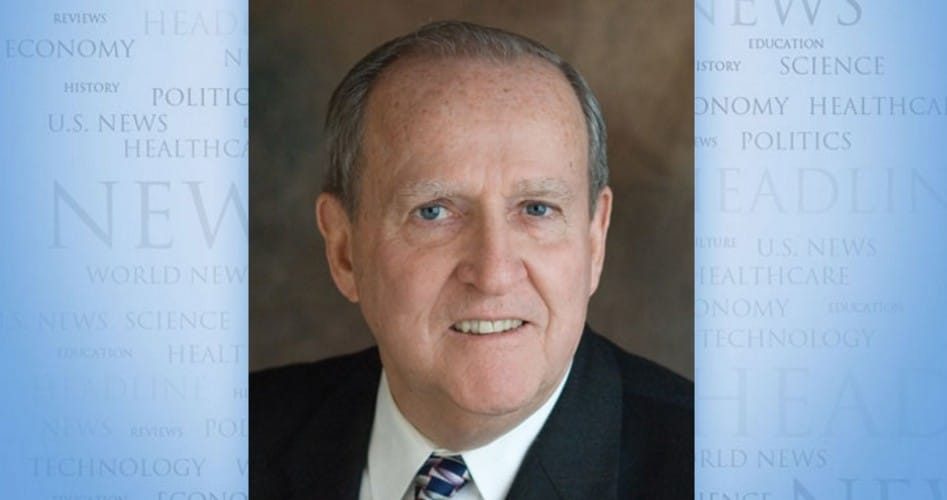
Presidential candidate Elizabeth Warren is not alone in wanting to abolish the Electoral College. In the 2016 election, this Massachusetts senator favored Hillary Clinton who won the popular vote with a large margin. But Mrs. Clinton lost in her quest to be the first female U.S. president because Donald Trump won more Electoral College votes. When those votes were counted, Trump was the winner by 304 to 222. (Seven electoral votes were cast for others.)
The popular vote total actually showed Ms. Clinton with 2,870,000 more votes than Trump, the largest popular vote margin for a losing presidential candidate in our nation’s history. Hence Elizabeth Warren (and numerous others who identify as Democrats) believe something is terribly wrong. What can be certain, however, is that Warren would hardly be proposing change in the Electoral College system — including its complete abolition — if Ms. Clinton had won the electoral vote and her opponent gained more popular votes. No purist is she.
The unlikely result is 2016 isn’t really that unlikely. In 1888, incumbent Democrat Grover Cleveland won the popular vote with 90,000 more popular votes than Republican Benjamin Harrison. But Harrison won the presidency with 233 Electoral College votes to only 168 for the sitting president.
More recently in 2000, Democrat Al Gore won 540,000 more popular votes than Republican George W. Bush. But Bush won the Electoral College race 271-266 and became president. Partisans for Gore cried foul but the numbers showed that they had no case as long as the Electoral College system was still in place.
What needs to be said here is that our nation’s constitutional system retains the Founders’ abhorrence of democracy. Yes, it’s certainly true that most fellow Americans believe our system of government is — and always has been — democracy. They’re wrong. The truth is that the men who formed the constitutional convention in 1787 gave us a republic, the rule of law, not a democracy, the rule of the majority. The nation would be far better off if that simple fact were taught in the nation’s schools, something that hasn’t been done for many decades.
It’s not terribly difficult to find out why the men who gathered in Philadelphia in 1787 created an unusual process for choosing the chief executive for our country. They preferred having the president selected by a few knowledgeable and principled men from each state. They wanted individuals who would choose a partisan for good government, not someone who wins the favor of a swayable mob. The method they chose is reliance on knowledgeable electors.
James Madison, rightly named “Father of the Constitution” due to his invaluable recording of the proceedings during the gathering, expressed his strong detestation of democracy in The Federalist Papers. His colleagues similarly abhorred what their study of history had shown them was a path to chaos. Madison wrote:
Democracies have ever been spectacles of turbulence and contention; have ever been found incompatible with personal security or the rights of property; and have in general been as short in their lives as they have been violent in their deaths.
The Founders knew there would be reasons to protect the rights of minorities, even in the small population states. With the system they created, California, New York, and other large population states may indeed tilt the nations toward what Madison and his colleagues feared. But the mid- and small-population states were given a say in every presidential race.
After careful deliberation, the Founders produced the electoral system as their way of avoiding the excesses they expected if the choice of a president were left to the general public. Their system became known as the “Electoral College.” But it’s not a college and, unlike what defines many of today’s democracy-promoting colleges, it has no football team.
What the existing system does have is one way of avoiding what history clearly demonstrates are indeed the ravages of direct democracy. Those who want to discard the existing process, including Senator Warren and many others seeking a nomination and subsequent election to the high office of president, want to abandon the Electoral College. If they are successful, they will endanger everyone’s “personal security and property rights” while creating for our nation “spectacles of violence and contention.”
The Electoral College should not be abolished. Replacing it in the name of fairness will terminate more limitations on government’s always voracious appetite for control over mankind’s freedom.
John F. McManus is president emeritus of The John Birch Society.


